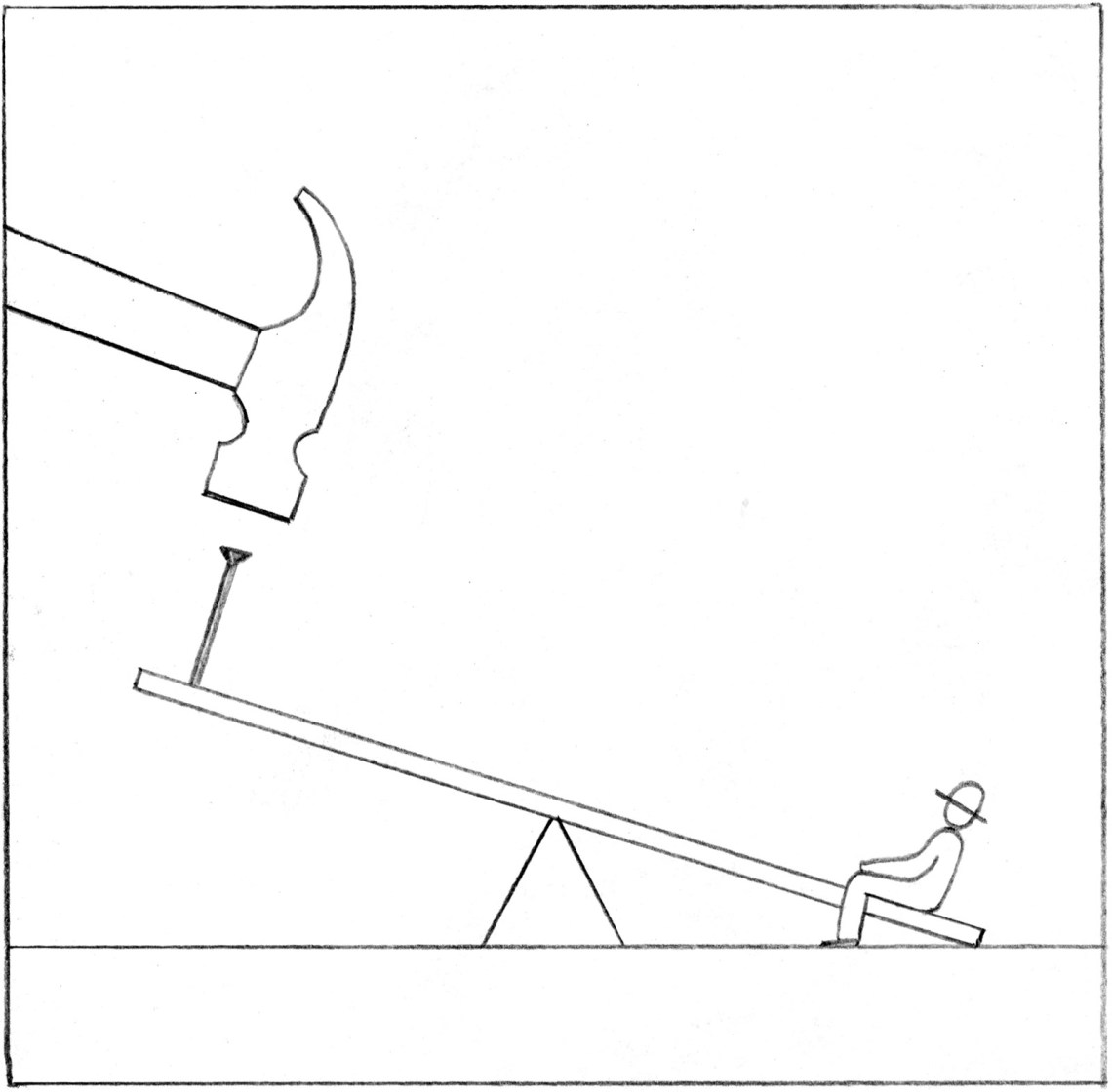The mounting drumbeat of verbal assaults on the US Supreme Court, including some I have launched myself, has reached a crescendo that finds otherwise sober analysts secretly (and sometimes not so secretly) cheering every new outrage. Some of the justices are recklessly contributing to the growing disrespect for the Court as an institution. That disrespect stems in part from ethical scandals but in part, too, from the vast gulf between this Court’s substantive understanding of the Constitution, as well as its approach to the task of judging, and the vision of both those matters shared by the great majority of Americans. The growing consensus, not just among liberals but even among many conservatives, that the Supreme Court has lost its claim to legitimacy—a consensus epitomized in an opinion piece headlined “Clarence Thomas Can’t Undermine the Legitimacy of the Supreme Court Fast Enough”—makes even a critic like me sound the alarm: Be careful what you wish for!
Over the past few years, vulnerable democracies such as Hungary, India, Poland, and Israel have struggled to protect their independent judiciaries from political influence and to preserve them as checks against an unbounded concentration of power. In Israel, for example, as the far-right government has moved to reduce the power of the country’s Supreme Court, moderates and liberals have protested passionately.1 They have no illusions that the court has invariably protected minority rights or that its curbs on the government’s policies in the occupied territories have been the norm rather than the exception. But they recognize the danger in disarming it altogether.
The United States faces a similar tension between entrusting power to an independent judicial tribunal that preserves the guardrails of government under law and keeping that power from becoming a threat to fundamental human rights, representative government, and the protection of minorities. Among the most notable of a growing number of books voicing concern with an increasingly imperious judiciary is Nine Black Robes: Inside the Supreme Court’s Drive to the Right and Its Historic Consequences, Joan Biskupic’s detailed account of the Court’s rightward shift. That shift was cemented, as Biskupic demonstrates, by Donald Trump’s appointment of three justices handpicked by the hard-right Federalist Society for their regressive (not merely conservative) stances on abortion, affirmative action, gay rights, guns, Congress’s power to delegate authority to the executive branch and independent agencies, and government support for religion.

Continue reading
for just $1 an issue!
Choose a Digital subscription or our best deal—All Access—that includes print and digital issues, full archive access, and the NYR App!
Or register for a free account to read just this article. Register.
Already a subscriber? Sign in

Continue reading for just $1 an issue and get a FREE notebook! Continue reading
for just $1 an issue.
Choose a Digital subscription or our best deal—All Access—and we will send you a free pocket notebook! Choose a Digital subscription or our best deal—All Access—that includes print and digital issues, full archive access, and the NYR App!
Or register for a free account to read just this article. Register.
Already a subscriber? Sign in
Laurence H. Tribe is the Carl M. Loeb University Professor Emeritus and Professor of Constitutional Law Emeritus at Harvard. His books include Abortion: The Clash of Absolutes, American Constitutional Law, The Invisible Constitution, and Uncertain Justice: The Roberts Court and the Constitution, cowritten with Joshua Matz. (August 2023)

